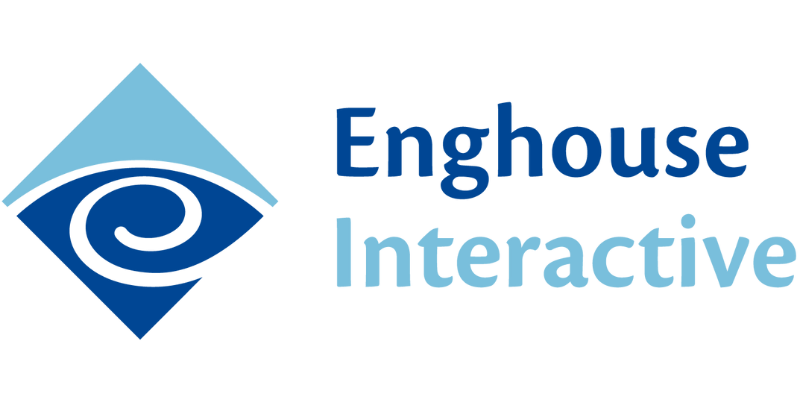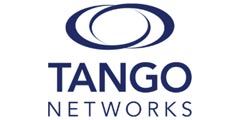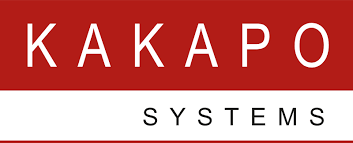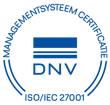Most large companies use Interactive Voice Response (IVR) systems today for call management. They have become an essential element of call centers to help direct call traffic effectively for the most efficient resolution of inquiries.
An IVR system is ideal for any size company that experiences high call volumes. It can be an efficient way to cut costs and reduce call processing time. Most importantly, it can improve caller experience significantly and improve your company image.
What is IVR?
An Interactive Voice Response (IVR) system uses automated communication technology to enable customers to interact with a company without human assistance. When call traffic is received they are directed through a series of automated and scripted prompts. In this way, they are able to select the path that is most suited to deal with their inquiry and connect with a live company representative if necessary.
An IVR can do so much more than simply route calls. It is an intelligent system to some degree, getting to know the nature of a customer’s call through a series of questions or prompts and then collating the responses. In this way, an IVR can be programmed to route an inquiry to a database if the client merely wants to retrieve information, or connect them with a human agent. When set up correctly, IVR can save the caller and your company time, and improve customer satisfaction.
The Impact of IVR Performance on Call Center KPIs
Your IVR system can have a marked effect on various call center key performance indicators (KPIs), including:
- First call resolution. An inefficient IVR system that fails to route calls effectively will result in many calls being re-routed and reduced first call resolution. This can result in an increase in customer dissatisfaction and the loss of business.
- Average abandon rate. Callers will stay on the line if they are routed efficiently and correctly through your IVR system. Conversely, they will become frustrated if their calls are routed incorrectly and they are passed from pillar to post. This scenario will lead to many callers abandoning their calls.
- Average time in queue. Your IVR system should be programmed to estimate queuing times and have the ability to re-direct calls to another agent if a particular queue is too long. Otherwise, too many callers end up in the same queue, resulting in agent overload, unacceptable wait times and call abandonment.
The Benefits of IVR
A well programmed and efficient IVR system can provide many benefits for your company:
- Early resolution. An IVR system can filter out calls that don’t need human intervention and route them to automated services and platforms that provide your callers with the information they need. This reduces the call volume handled by your call center agents, enabling them to focus only on those that require human assistance.
- Professional impression. An efficient IVR system can impart an impression on callers of a professionally managed organization. It also gives an indication that your company is up-to-date with the latest call management technology and the high value you place on customer support.
- Increased efficiency. An intelligent IVR system can divert calls from your agents to an automated service. It can also direct calls to a department or sector within your call center that is best qualified to resolve the caller’s issue. Upfront information gathered by the IVR system can be passed on to the agent handling the call, enabling them to have early information about the nature of the caller’s concern. This in turn saves time and leads to faster call resolution.
- Reduced operational cost. The more the IVR system is automated, the fewer the number of agents required. This reduces the operational cost of your call center and also saves on agent recruitment and training.
- Personalized service. An IVR system has the capability to record and collate caller responses. By adding them to the caller’s history that appears on an agent’s computer screen, the call center agent is able to provide an informed and personalized service to the customer.
- Increased first call resolution. The system can direct callers to the most qualified agent to resolve their call. This increases the likelihood of inquiries being handled efficiently without the need for re-routing or escalation.
- Greater customer satisfaction. A fast, efficient IVR system will improve customer satisfaction. Firstly, it should provide quick and easy access to data. Then, it must facilitate information-driven call routing and ultimately provide enough caller information to enable an agent to provide high-quality service.
How to Optimize Your IVR Service
An efficient IVR system should attempt to remove all obstacles to creating a good caller experience. These are some of the ways that you can optimize your voice response system:
- Streamline system prompts. There is a fine line between having too much and too little filtering of calls. Whereas most customers enjoy engaging with a service that routes them to the right agent for issue resolution, they don’t appreciate wading through endless IVR menus before being able to speak to an agent. This can lead to call abandonment and reduced customer satisfaction.
- Personalize the experience. Instead of using an automated attendant to direct call traffic through robotic instructions, engage with your callers to gather personal information before routing the call. IVR systems can be programmed with customized messages that foster caller engagement and provide company and product information to callers waiting in queues.
- Gather information and respond appropriately. There are certain calls that can be resolved through pre-recorded responses and automated emails, while others may require the intervention of a call center agent. Your IVR system should be designed to gather sufficient information upfront to respond appropriately and route the call accordingly.
- Know your agents’ capabilities. Get to know which agents are best qualified and trained to answer particular inquiries and resolve specific issues. Assess your agents regularly and provide ongoing training to keep them up to date with company and product knowledge. Check out our related blog on the top qualities of a call center agent.
When programming your IVR system, it is essential that you gain input from call center managers and agents. This enables you to get a handle on the kind of problems they experience and to design your system to eliminate them wherever possible. In addition, this type of feedback is critical for ongoing operational tweaking of an established IVR system.
Clearly, an IVR system can be a double-edged sword. Get it right, and you can cut call center costs significantly and improve customer satisfaction. Get it wrong, and it can have devastating consequences for your business.



















